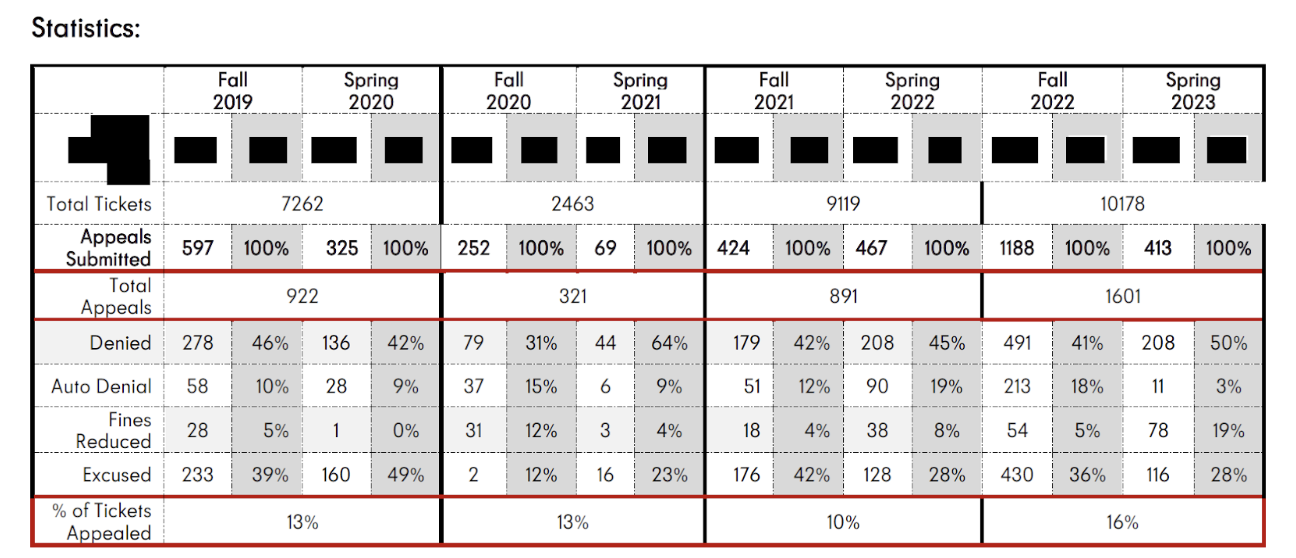By Gabriela Laracca
KU English professor Carl Seiple has put together KU’s third reading of an on-campus Flash Drama scheduled for
Thursday, Nov. 19 in MSU 16. This fall’s reading will feature “Kimberly Akimbo” by Pulitzer Prize winning playwright David  Lindsay-Abaire.
Lindsay-Abaire.
The play’s main focus is a young woman named Kimberly who suffers from a rare disease, much like Progeria, that causes her to age prematurely. During the play, we meet Kimberly’s dysfunctional family and see what she goes through with them on a daily basis. Kimberly also meets a nerdy, teen-aged misfit named Jeff who becomes somewhat of a love interest.
Seiple’s flash dramas are unrehearsed readings of plays read by both faculty and students. They are modeled after a table reading that most actors would consider a first rehearsal. “The effect is lively and spontaneous as the cast and audience discover the characters and story together,” said Seiple.
The known cast so far for the upcoming reading will consist of Karise Mace of the math department, Andrew Arnold of the history department, Anne DeLong of the English department, and Cody Myers, KU junior. Other faculty members have been contacted to be part of this cast as well.
Both Seiple and KU English professor Alan Hines brought the idea of flash dramas to KU with last fall’s reading of Donald Margulies’ “Time Stands Still,” which was then followed by a reading of Sarah Ruhl’s “Deadman’s Cell Phone” during the spring 2015 semester.
“Professor Hines first noticed the lack of performance opportunities after the theatre major was dropped,” said Seiple. “So, we worked together to create an event that allowed the campus communities a chance to come together [and] read interesting plays without the time and expense of full productions.”
With Hines currently abroad, Seiple has had the responsibility of choosing the plays as well as filling in any information the cast may need to have a clear script, such as setting descriptions and stage directions. Seiple’s expertise is in modern and contemporary drama. He has spent time working with non-profit theaters and is also the faculty advisor for the Actors Creating Theater student organization.
Seiple also chooses the cast for the flash dramas. He believes bringing readers in from different academic fields adds to the readings. “The diverse casting is part of the experience we felt was important,” he said.
Certain readers, like Arnold, go into the flash dramas cold, or in other words, unrehearsed entirely. He said doing the readings cold “adds to the sense of discovery and spontaneous nature.”
DeLong, on the other hand, is one of the readers that reviews the script beforehand. “I think there might be a disadvantage to going in cold,” she said. “You don’t have a sense of how exactly to deliver the lines if you don’t know where the play is headed.” Regardless, according to her, the shows are always really fun for the participants and entertaining for the audience.
These flash dramas have brought theater lovers’ morale back on campus after the loss of a theatre major. They provide a creative, fun outlet for readers as well as a form of artistic and immersive entertainment for viewers.
“A college campus should be awash with events such as these,” said Arnold. “KU is not a particularly wealthy establishment, but these plays are cheap and we can do a lot of them.” Flash dramas benefit the KU community because according to him, “it lowers the bar to entry. So few people see theatre as accessible or doable—these events are easily accessible, cheap, and fun.”
Seiple plans to continue holding flash dramas on campus starting with next semester’s reading of the Maxwell Anderson’s Pulitzer Prize winning political drama, “Both Your Houses.”
“Interest in the flash drama goes beyond colleges and beyond campus jobs,” said Seiple.
Any current KU student or faculty member interested in being involved in a flash drama should contact Professor Seiple at seiple@kutztown.edu.





Leave a Reply